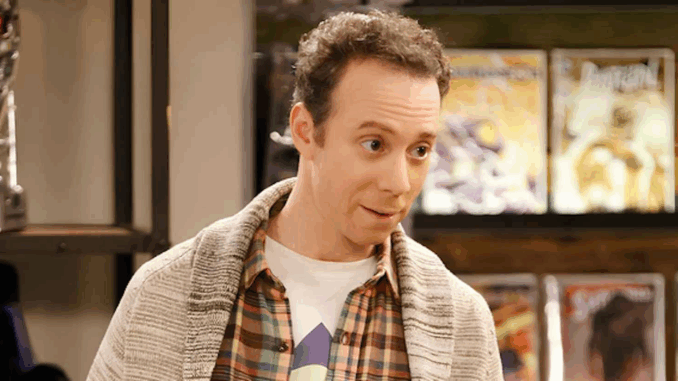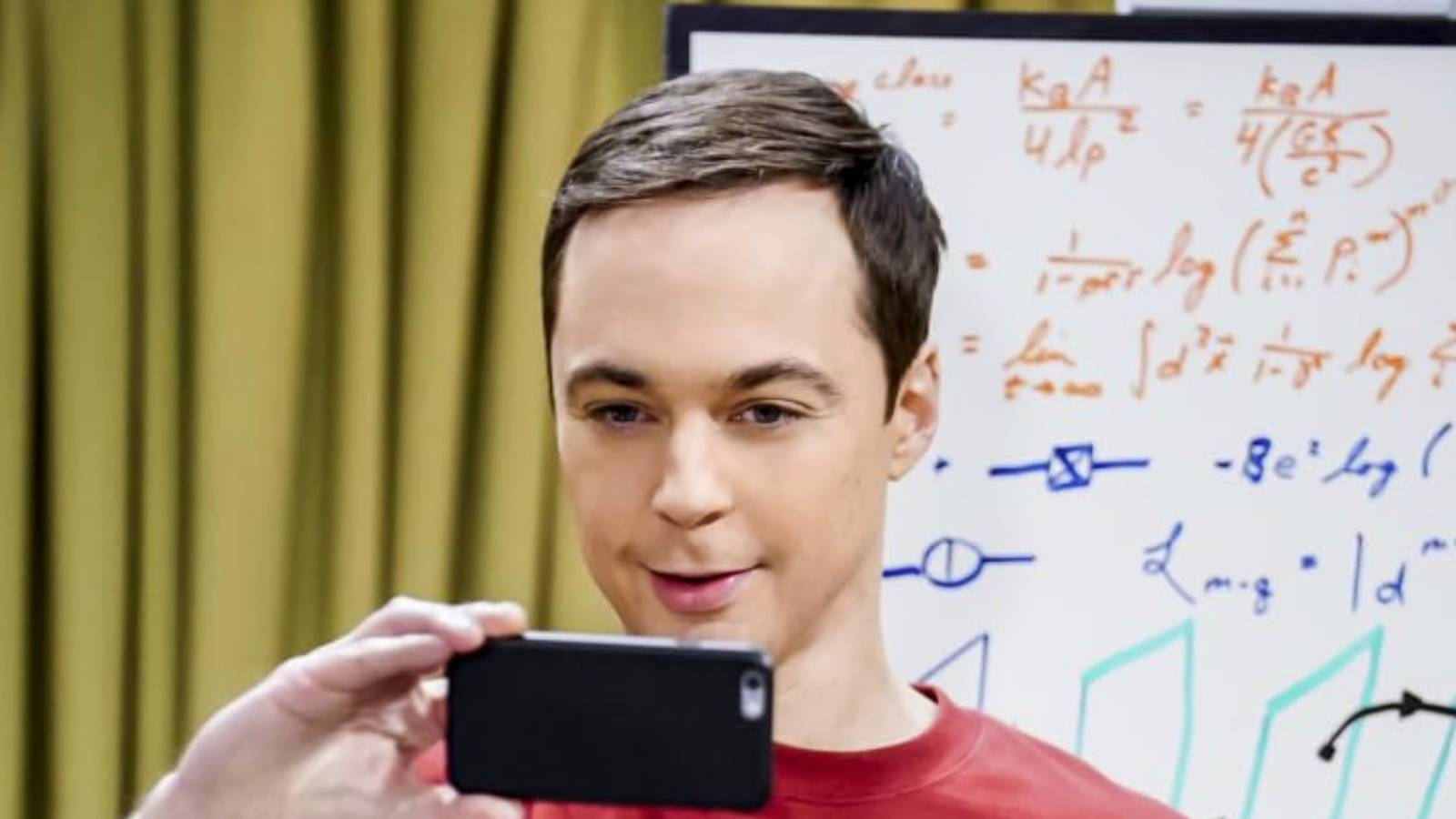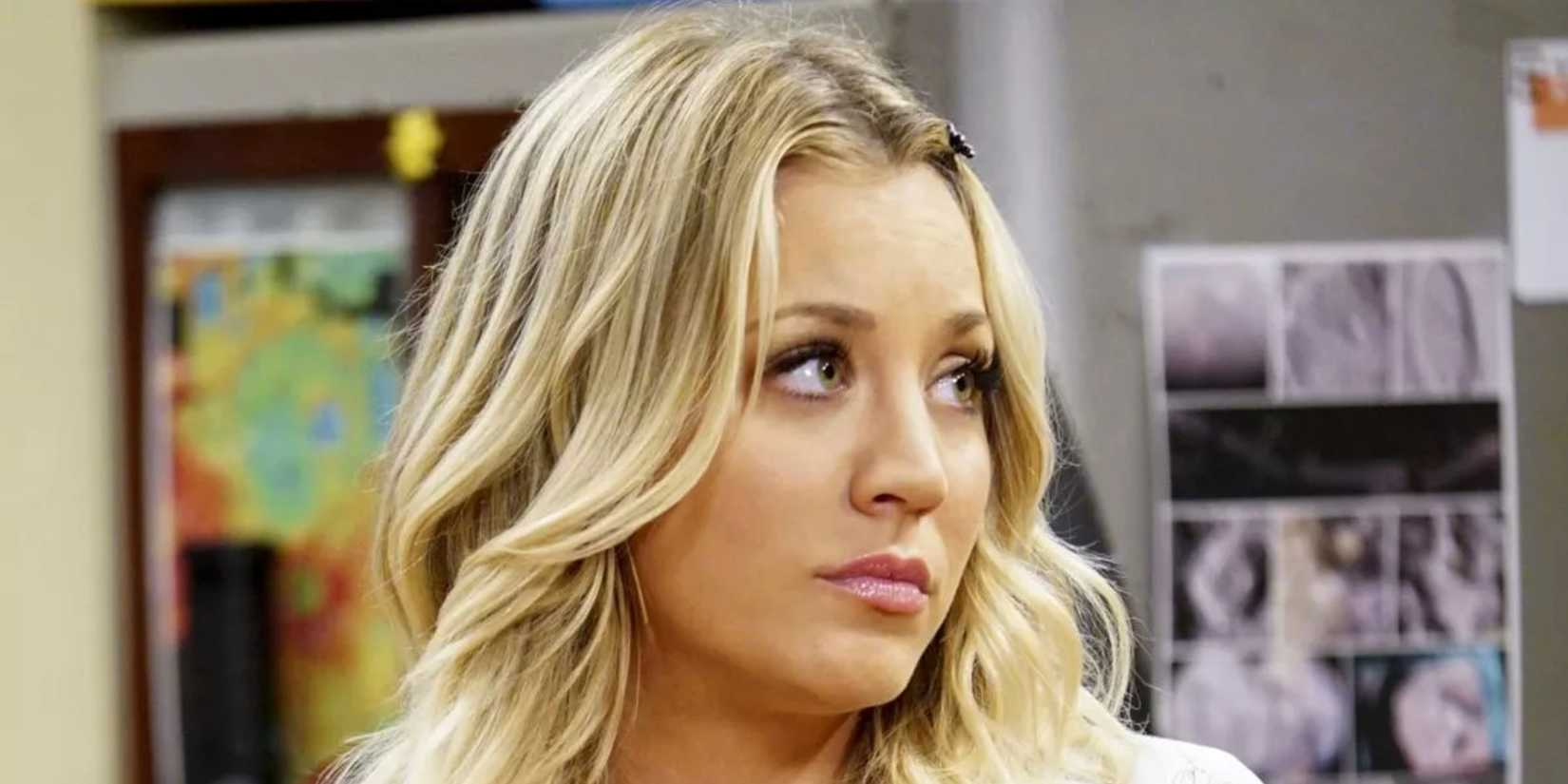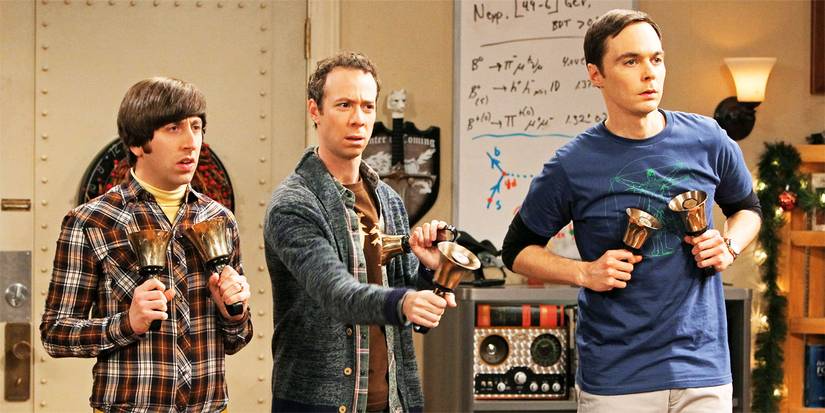
With The Big Bang Theory’s upcoming spinoff, Stuart Fails to Save the Universe, set to premiere on Max rather than CBS, it brings a long-running debate back into focus: streaming vs. traditional broadcast. This format shift marks a major change for the franchise, which once dominated network television — especially during its 2019 series finale, one of the most-watched TV events of the decade.
While that finale highlighted just how massive the Big Bang Theory phenomenon had become, it’s now been over six years since the original show ended. The new spinoff aims to bring audiences back into the familiar universe of quirky scientists and offbeat humor — but its drawn-out development process raises some concerns about how well it can recapture that magic.
In the years since, Young Sheldon took viewers to East Texas for a family-centric, coming-of-age story about a young Sheldon Cooper. Its spinoff, Georgie & Mandy’s First Marriage, continued that focus on family life — albeit from the perspective of Sheldon’s older brother. While both series expanded the Big Bang universe, their tone and setting were dramatically different from the original. Now, Stuart Fails to Save the Universe seems poised to reconnect with the original sitcom’s spirit — but whether it can truly pick up where The Big Bang Theory left off remains to be seen.
The Big Bang Theory’s Spinoff Likely Won’t Follow a Weekly Release Schedule
With Stuart Fails to Save the Universe set to premiere on Max, not CBS, it’s unlikely the spinoff will adopt the traditional weekly release format that fans of The Big Bang Theory are used to. Most shows on streaming platforms — including Max — tend to drop entire seasons or half-season batches at once. The few exceptions, like Velma, haven’t fared well, making it even more likely that Max will avoid the weekly model for this new comedy.

Unlike the more grounded, character-driven sitcoms Young Sheldon and Georgie & Mandy’s First Marriage, Stuart Fails to Save the Universe embraces a high-concept sci-fi premise. Kevin Sussman returns as Stuart, the lovable and often unlucky comic book shop owner from the original series. This time, however, Stuart’s story takes a wild turn when he accidentally destroys the universe created by Sheldon and Leonard. To fix the chaos he unleashed, he must journey through the multiverse — encountering alternate versions of familiar characters from The Big Bang Theory’s twelve-season run.
Joining Stuart are returning characters like his love interest Denise, as well as fan favorites Bert and Kripke. Despite featuring familiar faces, this isn’t the cozy, low-stakes hangout show of the original sitcom. Instead, it’s a genre-blending adventure that revisits the Big Bang universe in a completely new way — just not in the weekly format many might have expected from a traditional network sequel.
The Big Bang Theory’s Success Was Built on Weekly TV — The Spinoff May Struggle Without It
One major concern with Stuart Fails to Save the Universe is that its streaming release model doesn’t align with the very formula that made The Big Bang Theory so successful. While the romantic ups and downs of Leonard and Penny were key to the original show’s appeal, its traditional weekly release schedule played a huge role in building a loyal fanbase over time.

Unlike some instant-hit sitcoms, The Big Bang Theory didn’t explode in popularity overnight. Its ratings actually peaked in season 9 — an impressive feat for any show, let alone a sitcom. This slow-burn success mirrored the path of other beloved comedies like Friends and How I Met Your Mother, both of which gained momentum after their debut seasons. The consistent, long-term exposure of weekly episodes helped viewers form a deeper connection with the characters, making the show a staple of network television.
What makes The Big Bang Theory’s case especially notable is that by the time it hit its ratings peak, Leonard and Penny had already reached their “happily ever after,” and even a controversial cheating plot didn’t dent the show’s popularity. That kind of staying power doesn’t come from hype alone — it’s built over time, week by week.
By contrast, Stuart Fails to Save the Universe will likely be released in a full-season drop on Max, which could undercut its chances of building the same kind of audience connection. While binge-watching may appeal to some viewers, it’s not always the best fit for sitcoms — especially those trying to recapture the warm, character-driven charm of a series like The Big Bang Theory. Dumping all episodes at once risks turning a potentially cozy, nostalgic experience into something more fleeting.
Why Stuart Fails to Save the Universe Might Work Better With a Streaming Release
While The Big Bang Theory was built on a traditional weekly TV schedule, its upcoming spinoff, Stuart Fails to Save the Universe, may actually benefit from a different approach. Unlike the original show’s grounded, character-driven format, the spinoff leans into a high-concept sci-fi storyline — a shift that could make binge-style streaming drops a better fit.

A good point of comparison is That ’70s Show and its Netflix sequel, That ’90s Show. The original series thrived over eight seasons with a weekly release model, while the spinoff, which opted for half-season streaming drops, lasted only two seasons. Still, Stuart Fails to Save the Universe is a very different kind of show — and its narrative structure may suit streaming better.
The series follows Stuart after he accidentally destroys the universe using a device created by Sheldon and Leonard. To fix the damage, he must travel across the multiverse, encountering alternate versions of beloved Big Bang Theory characters. However, it’s unlikely that the show will follow a long-running, Quantum Leap-style format. Instead, it seems like season 1 will tell a fairly self-contained story.
Given that, releasing the entire season at once (or in two parts) might actually support the pacing of this ambitious premise. Viewers would be free to immerse themselves in the story without having to wait week-to-week — which could be a better experience for this kind of narrative-driven, sci-fi-infused comedy.
Ultimately, whether Stuart Fails to Save the Universe uses a full-season drop or a more traditional rollout, its debut is sure to reignite the ongoing debate over streaming vs. network television — and how best to serve fans of iconic sitcoms in a new era of TV.
